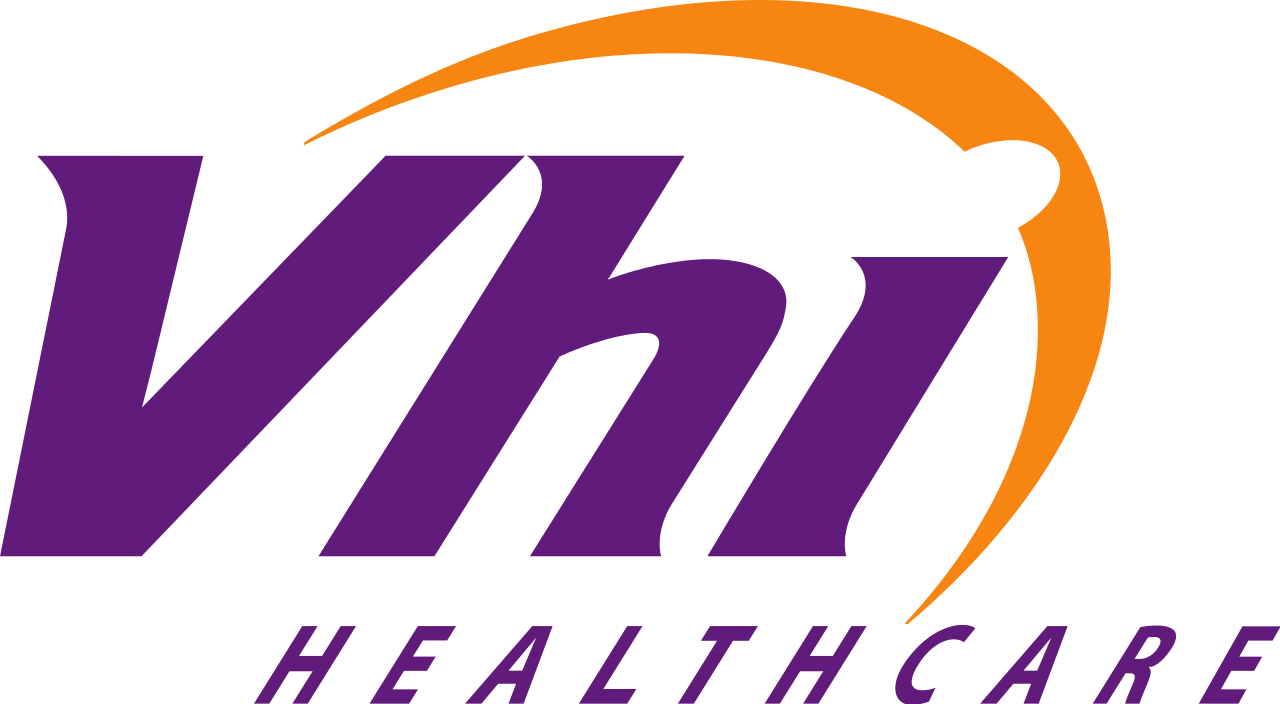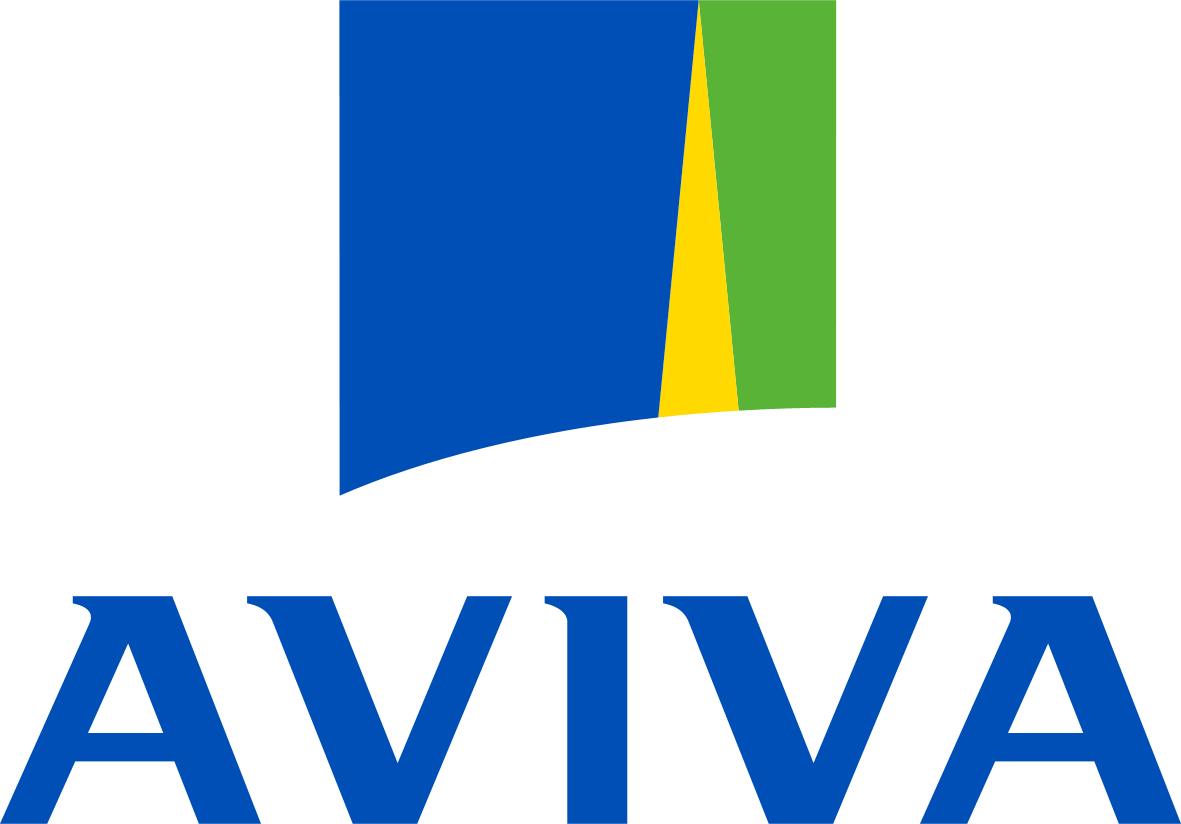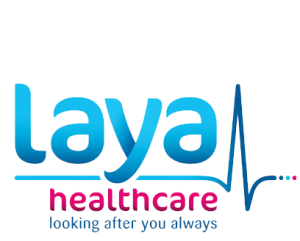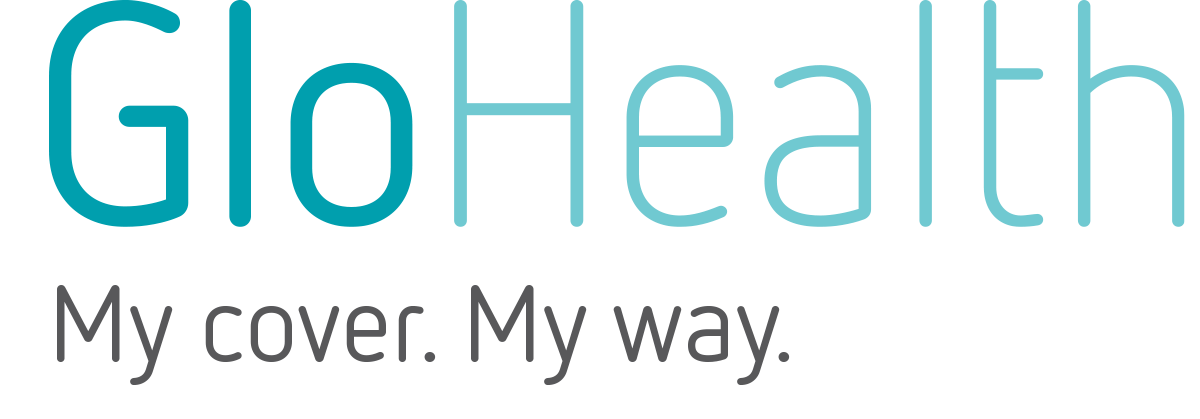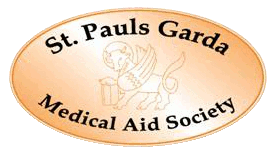Bogus Allergy Tests Can Cause Real Harm
It seems to be fashionable to be allergic to some foods these days. All kinds of vague symptoms are commonly attributed to food allergies such as fatigue, bloating, cramps, migraine, rashes and coughs. However, most people with these symptoms probably don’t have true food allergies. Some may have food intolerance while others may be getting their symptoms from stress or a poor diet with too much sugar, caffeine, yeast, processed foods, fast foods or alcohol. True food allergies are quite rare. Food intolerance is much more common. It is usually as a result of the gut not being able to process certain foods such as lactose in milk (common in children), caffeine, cheese or red wine. It can only be picked up by excluding suspected food for a few weeks and then reintroducing it to see whether the symptoms are relieved and relapse if the food is reintroduced.
There are many bogus allergy tests on the market at present as the whole area of allergy testing is unregulated in Ireland and anyone can set up an allergy testing service without having to prove that their tests are accurate or scientific. Many of these bogus tests are sold online or via pharmacies and health food shops. Websites and promotional literature can look impressive and convincing but lack any scientific validation. All of these bogus tests are expensive and can fail to pick up serious allergies (false negatives) and often diagnose allergies to multiple foods when in fact there is no such allergy is present (false positives). This can lead to food faddism, inconvenient, expensive and restrictive diets that can lead to nutritional deficiencies.
The following is a list of “Allergy tests” which have not been proven to be accurate or scientific:
York test
Fitzwilliam test
FoodTest
Hair analysis
Vega test
For sound information about scientifically accurate food allergy testing talk to your GP or see Irish Food Allergy Networks (IFAN.ie).

Dr David Buckley

